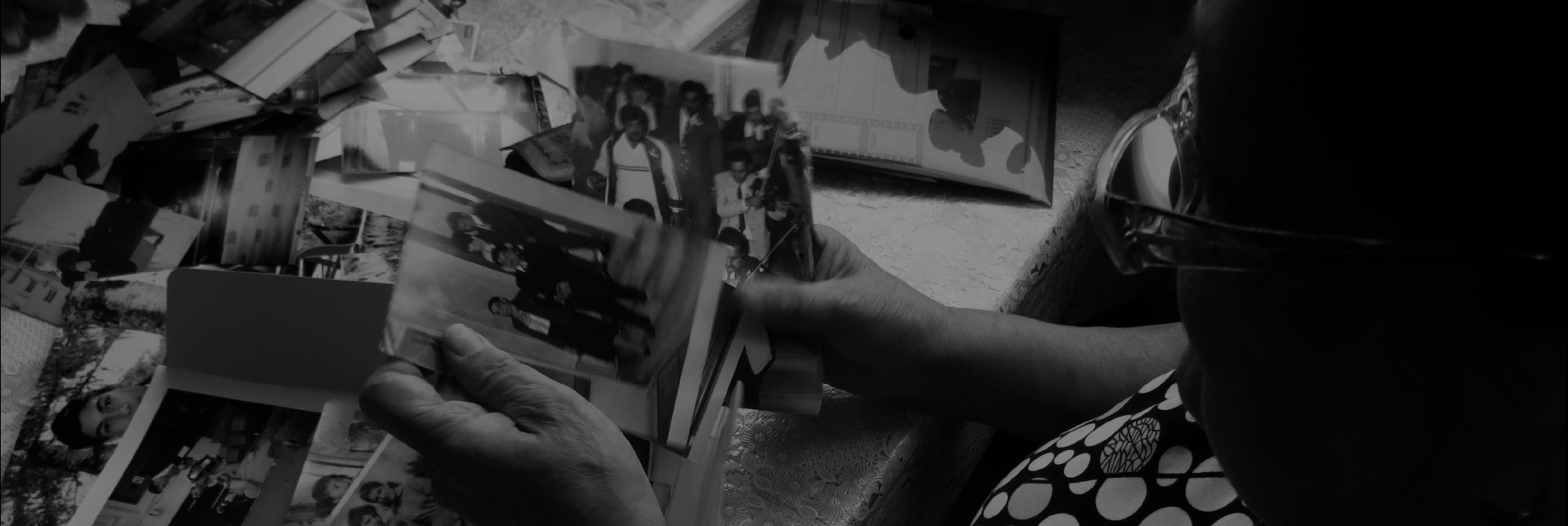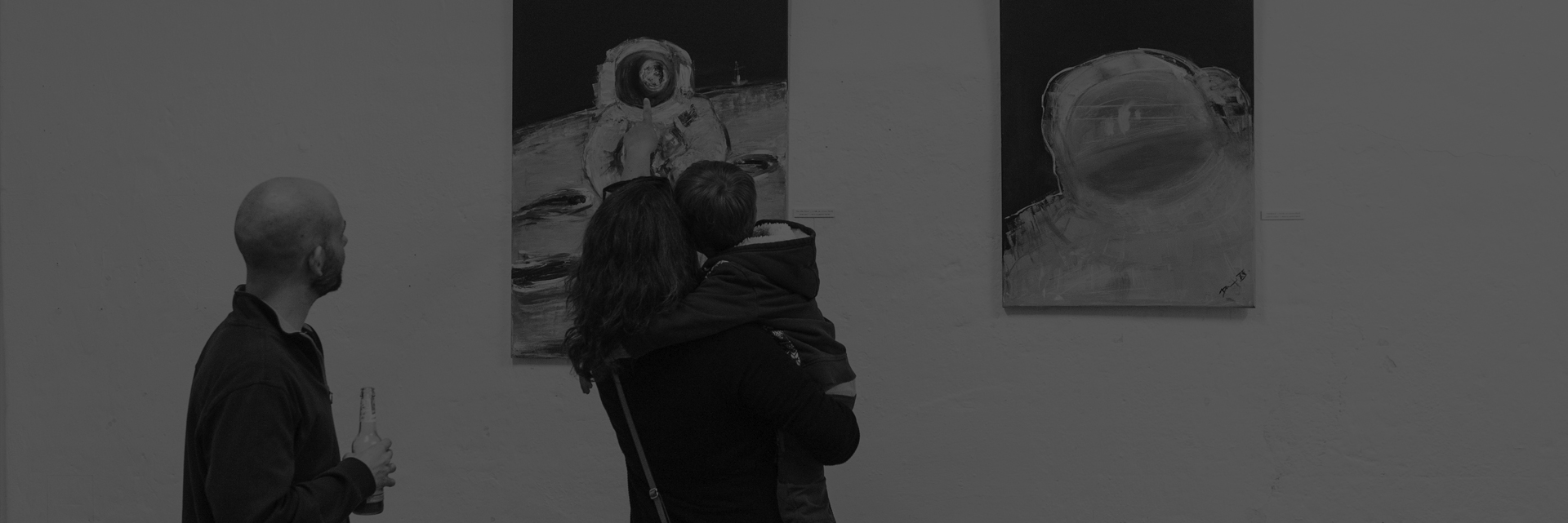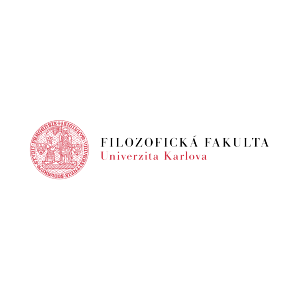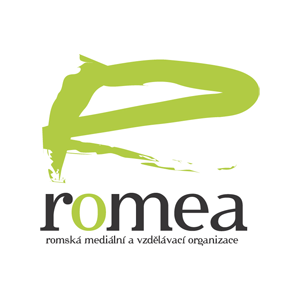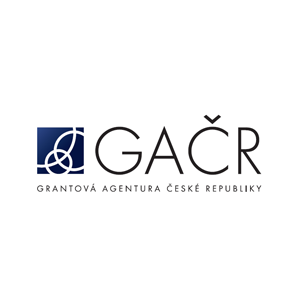Leonard Stöcklein: „If we don’t get a seat at the table, then we’ll just create our own“. Memorial work of the Sinti_ze and Rom_nja in the shadow of trauma, transgenerationality and memory using the example of Neumünster
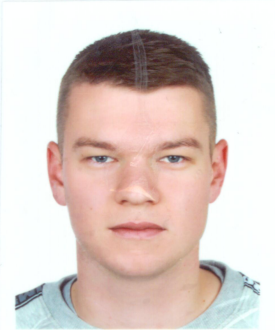
WEDNESDAY 16 November at 6pm (CET)
Author: Leonard Stöcklein
Discussant: Joey Rauschenberger
Abstract
Against the background of a second persecution, to which Sinti_ze and Rom_nja were exposed after 1945, survivors of the genocide came forward late to demand their rights. They developed strategies to make them visible, which include conveying knowledge about the history of the genocide by setting up memorial sites.
With the help of the categories of memory and generation, which form the theoretical framework of this essay, the following case study based on two narrative interviews provides insights into the transgenerational transmission of traumatic experiences on the one hand, and into a form of organised memorial work on the other. The guiding question here is to what extent coming to terms with the past from the perspective of the members of the minority serves to process the inherited traumas and overcome social marginalization.
Keywords: Sinti_ze and Rom_nja, genocide, trauma, memorial work, culture of remembrance
Key Words: Sinti_ze and Rom_nja, genocide, trauma, memorial work, memory culture
Leonard Stöcklein
He has a degree in state examination with the subjects Latin, history and politics. He works as a research assistant at the Chair of Didactics of History at FAU Erlangen-Nuremberg and has been writing the dissertation project titled „Memorials of the Sinti and Roma in Germany since 1980.“ His research interests are as much on acts of solidarity between Jews and Sinti and Roma as on the history of the genocide of Sinti and Roma in Belarus. He is a member of the „Gesellschaft für Antiziganismusforschung“.
Contact: leonard.stoecklein@fau.de
Joey Rauschenberger, M.A studied History, German Philology and Global History at the Ruprecht-Karls-Universität Heidelberg. During his studies, he held a scholarship of the Friedrich-Ebert-Foundation and worked as a research assistant at the Chair of Contemporary History as well as in various research projects on National Socialism and its aftermath. Since 2020, he has been a research assistant at the Research Center on Antigypsyism at Heidelberg University and a PhD candidate in a joint project on coming to terms with the Nazi past in Baden-Württemberg. His dissertation examines the compensation of Sinti and Roma as victims of National Socialism.
Contact: joey.rauschenberger@zegk.uni-heidelberg.de

